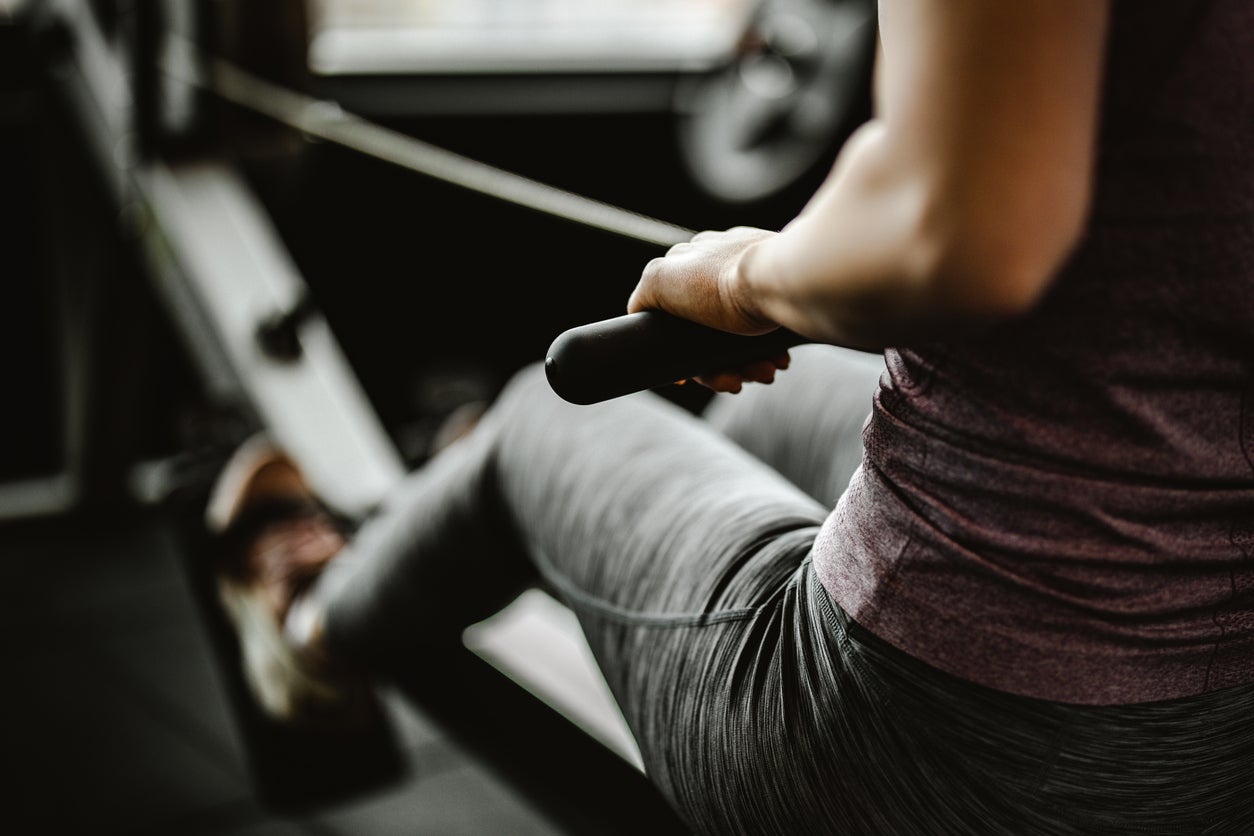This website uses cookies so that we can provide you with the best user experience possible. Cookie information is stored in your browser and performs functions such as recognising you when you return to our website and helping our team to understand which sections of the website you find most interesting and useful.
A gym in South Korea has courted controversy for putting up a sign banning misbehaving “aunties”, sparking a debate about whether the word discriminates against older women in the country.
According to a post on a discussion platform for verified employees called Blind, a gym in Incheon city, 27km from the capital Seoul, hung a sign that read “Off limits to ahjummas” and declared that “only cultivated and elegant women” were allowed in.
The word “ahjumma” is commonly used to refer to older women, typically those over 30, the way “ma’am” is. In recent times, however, the word has come to describe rude and entitled behaviour, similar to the name “Karen”.
The gym owner defended the sign claiming the facility had “suffered damage” because of obnoxious behaviour by older women.
“They would spend an hour or two in the changing room to do their laundry, steal items including towels, soaps, or hair dryers,” The Korea Herald quoted him as saying without naming him.
“They would sit in a row and comment and judge other people’s bodies,” the owner claimed. “They left hot water running for an hour or two, which doubled the water bill, and made sexually harassing comments to young female members, telling them they would bear babies well.”
He also claimed that several younger women quit the gym because such unsolicited comments made them uncomfortable.

Along with the sign, the gym posted a list of attributes that differentiate “ahjumma” from “women”.
An “ahjumma” is a woman who:
- Likes free things regardless of age.
- Gets sworn at everywhere but does not know the reason why.
- Sits in a seat reserved for pregnant women on public transport.
- Goes to a cafe with two people and orders just one cup of coffee and asks for a cup to share.
- Secretly throws food waste into a public bathroom or other toilets.
- Is frugal with their own money but not with that of others.
- Has poor memory and judgement and says the same things over and over again.
The Incheon gym is not the first Korean business that has faced criticism for banning older people or children.
Article 11 of Korea’s constitution states that there “shall be no discrimination in political, economic, social or cultural life on account of sex, religion or social status” and the National Human Rights Commission of Korea used this clause in 2017 to determine that “no kids zones” constituted an act of discrimination.
The commission, however, doesn’t have the legal authority to enforce its recommendations, so businesses continue to limit who is allowed entry under the principle of freedom of contract or the principle of private autonomy.
“It’s not that I tried to make a hate comment against older women or women in general,” the gym owner told the news agency Yonhap.
“I think people who are enraged by the notice are in fact the ones with the problem.”
Critics have pointed out that singling out women for impolite behaviour is sexist, considering men are just as likely to behave in a similar boorish manner.
“How did the term ‘bad customer’ become the same as ‘ahjumma’? If you have worked in the service industry, you’d know that it’s not just older women who fall into those categories, LOL. Our country is really done for,” one comment on the post read.



 Africana55 Radio
Africana55 Radio 

